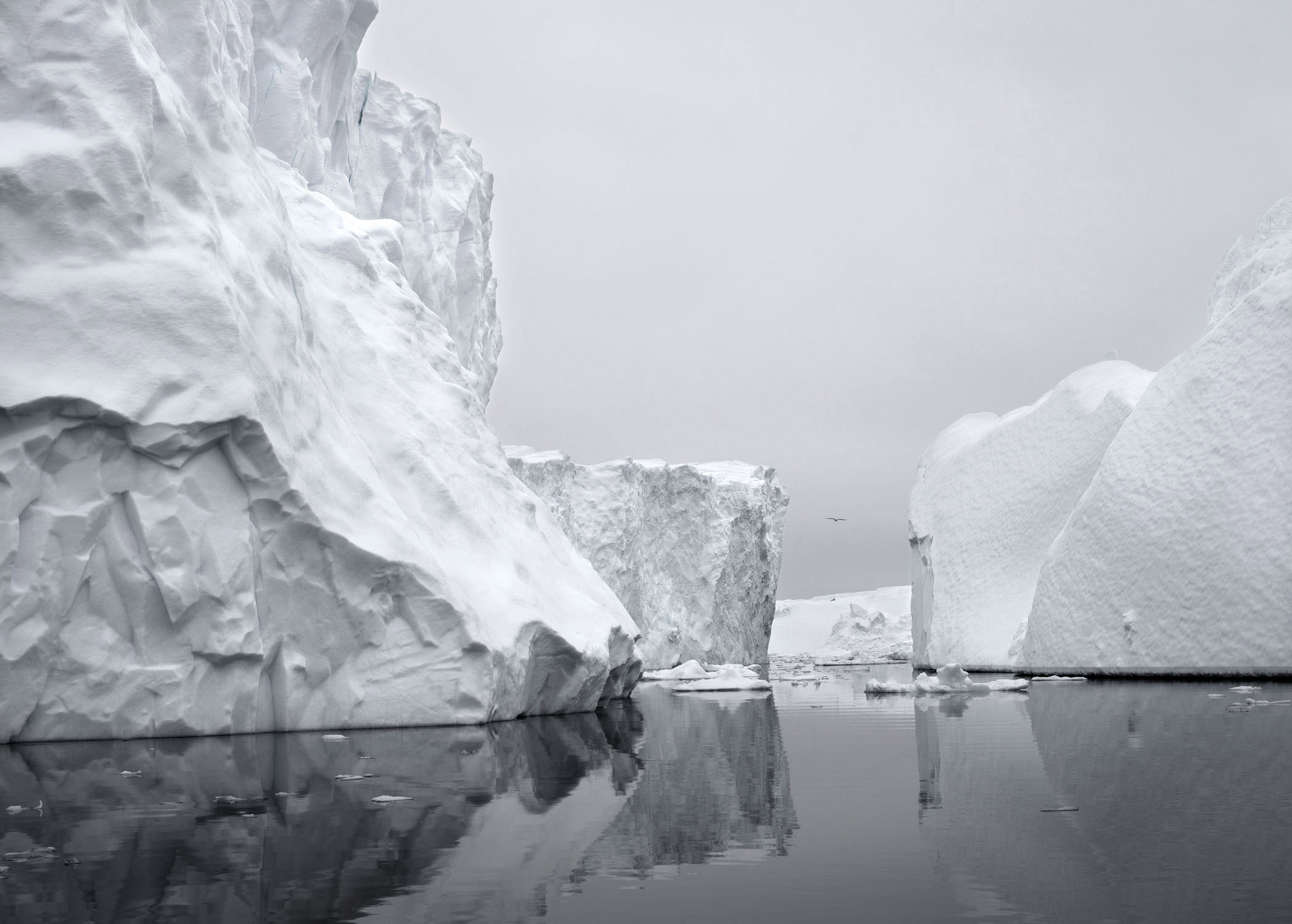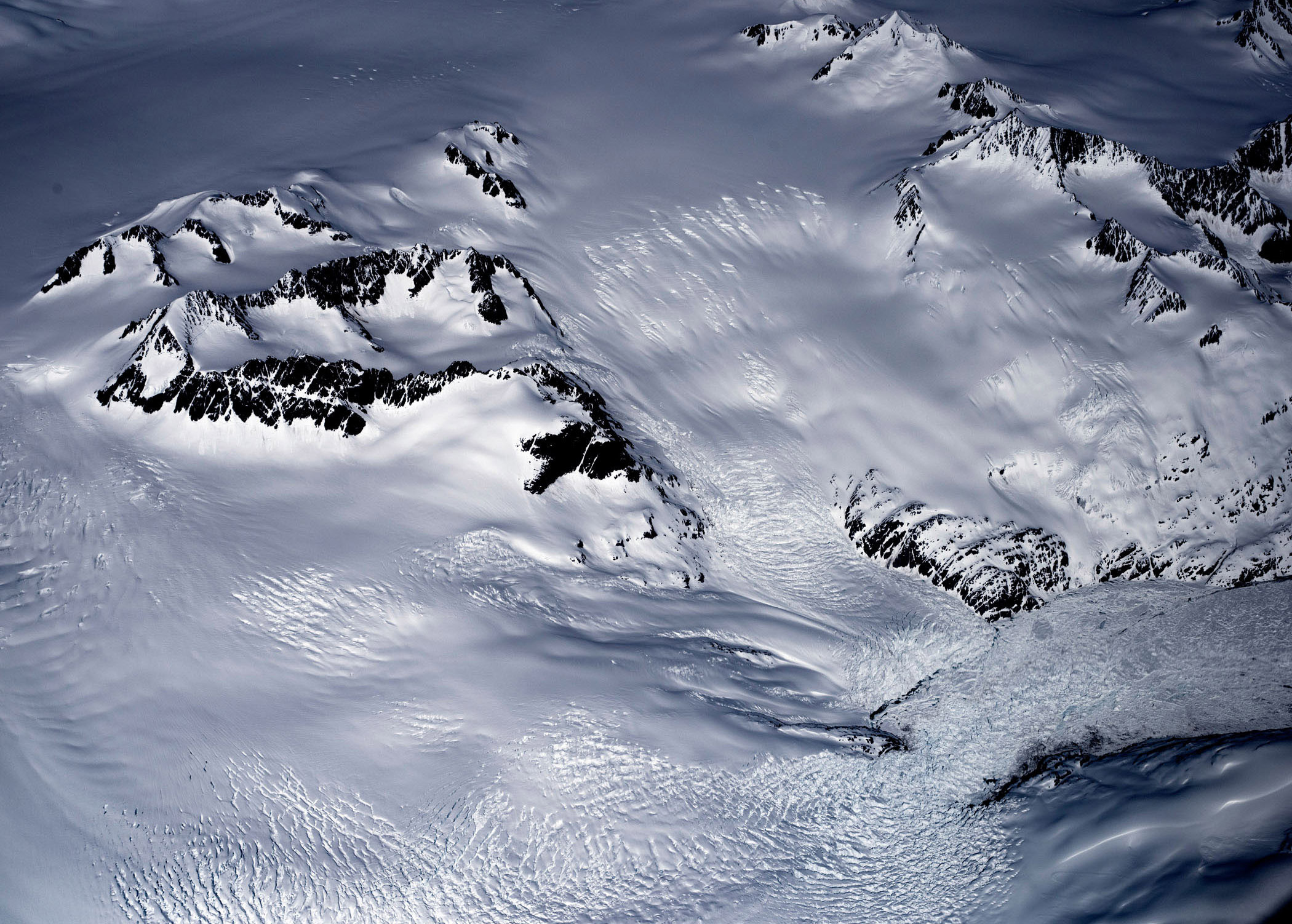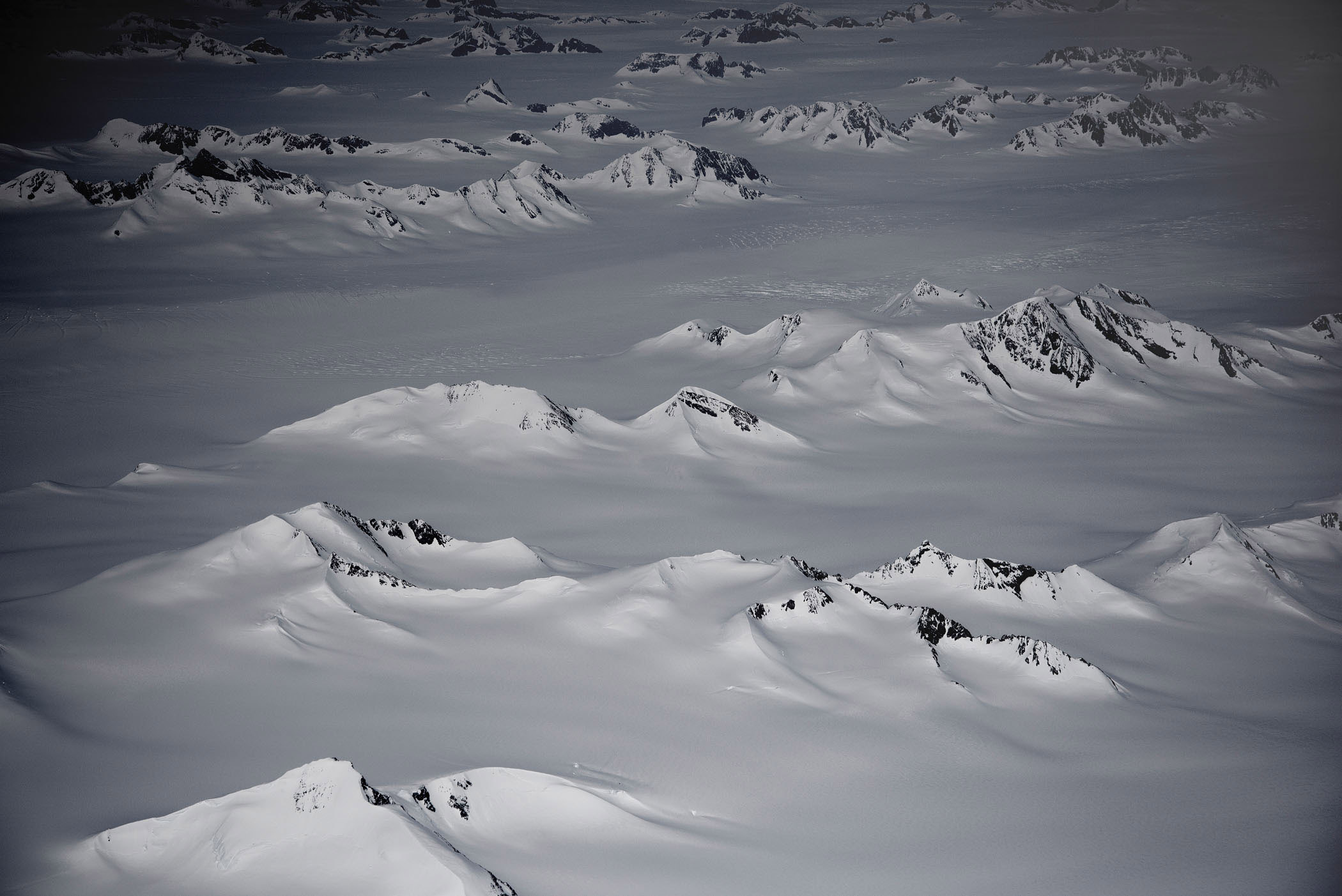For millennia, the Arctic remained unchanged - a majestic world of ice and snow that conceals an acutely fragile equilibrium.
But the industrial era and the burning of fossil fuels on a massive scale has lit the fuse of global warming, with scientists warning of unsustainable rises in global temperatures unless drastic action is taken to combat the phenomenon.
The continuing melting of the marine ice caps is deactivating the planetary thermostat regulated by the Arctic Seas and in the coming years the extent of ice cover in the summer months will continue to shrink.
Even if CO2 emissions decrease drastically or cease altogether, the planet will continue to heat up because of the greenhouse gases already present in the earth’s atmosphere. From a reduction in carbon emissions the conversation in scientific circles has moved to the need for carbon capture and storage.
The Intergovernmental Panel on Climate Change, the UN body assessing the science of climate change, states that “climate-related risks to health, livelihoods, food security, water supply, human security, and economic growth are projected to increase with global warming of 1.5°C and increase further with 2°C.”
The warnings about global warming have been extremely clear for a long time. We are facing a global climate crisis. It is deepening. We are entering a period of consequences.
Al Gore, former US vice-president and environmentalist
Observational evidence from all continents and oceans shows that natural systems are in danger of being adversely affected by climate change caused by human activity. Rising temperatures in the atmosphere have significant effects on both the natural environment and human life on earth.
In additional to the burning of fossil fuels, deforestation contributes significantly to the rise in greenhouse gases in the atmosphere and the resultant rise in temperatures. Melting glaciers and retreating ice caps are threatening low lying areas and small island nations.
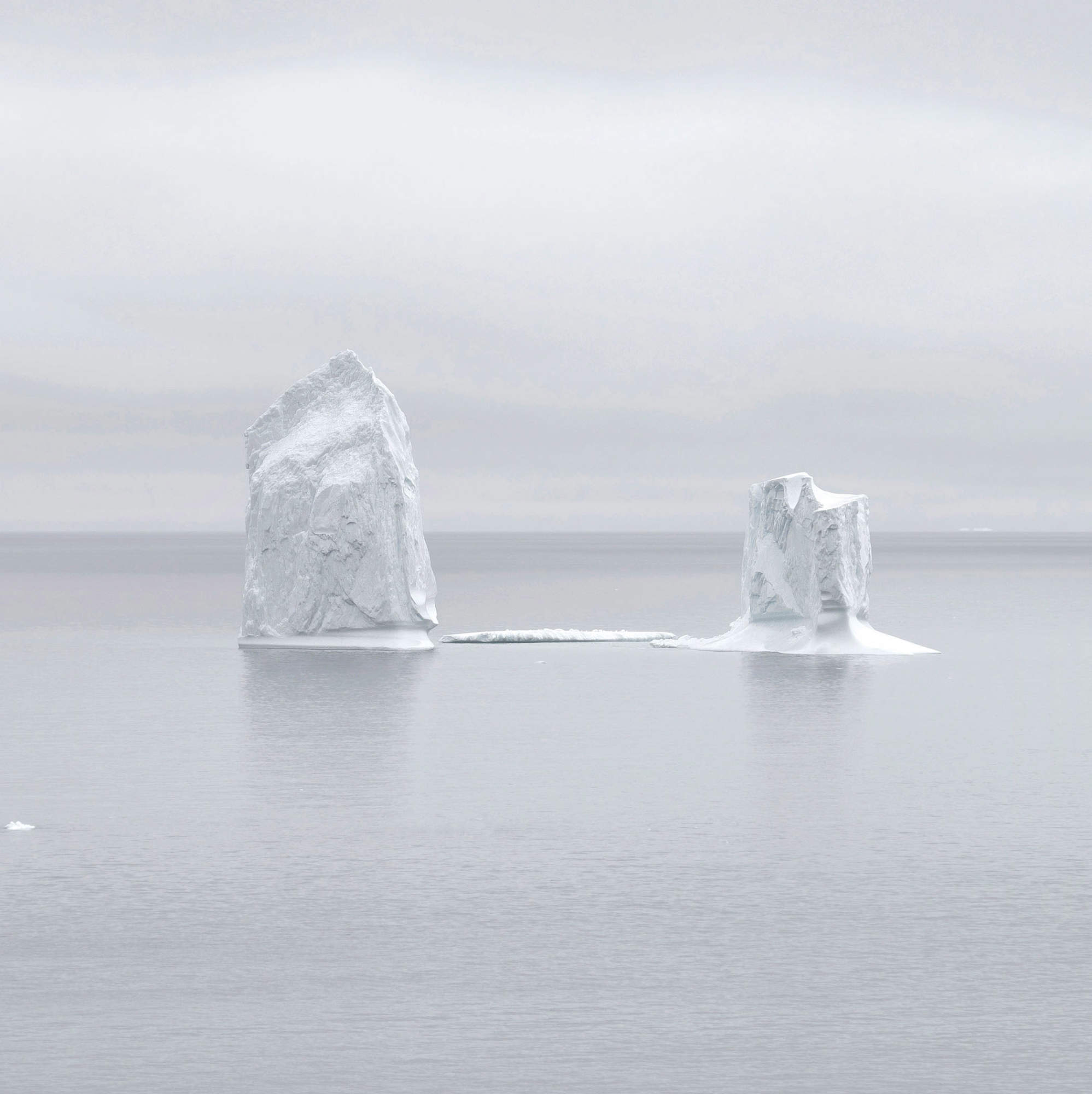
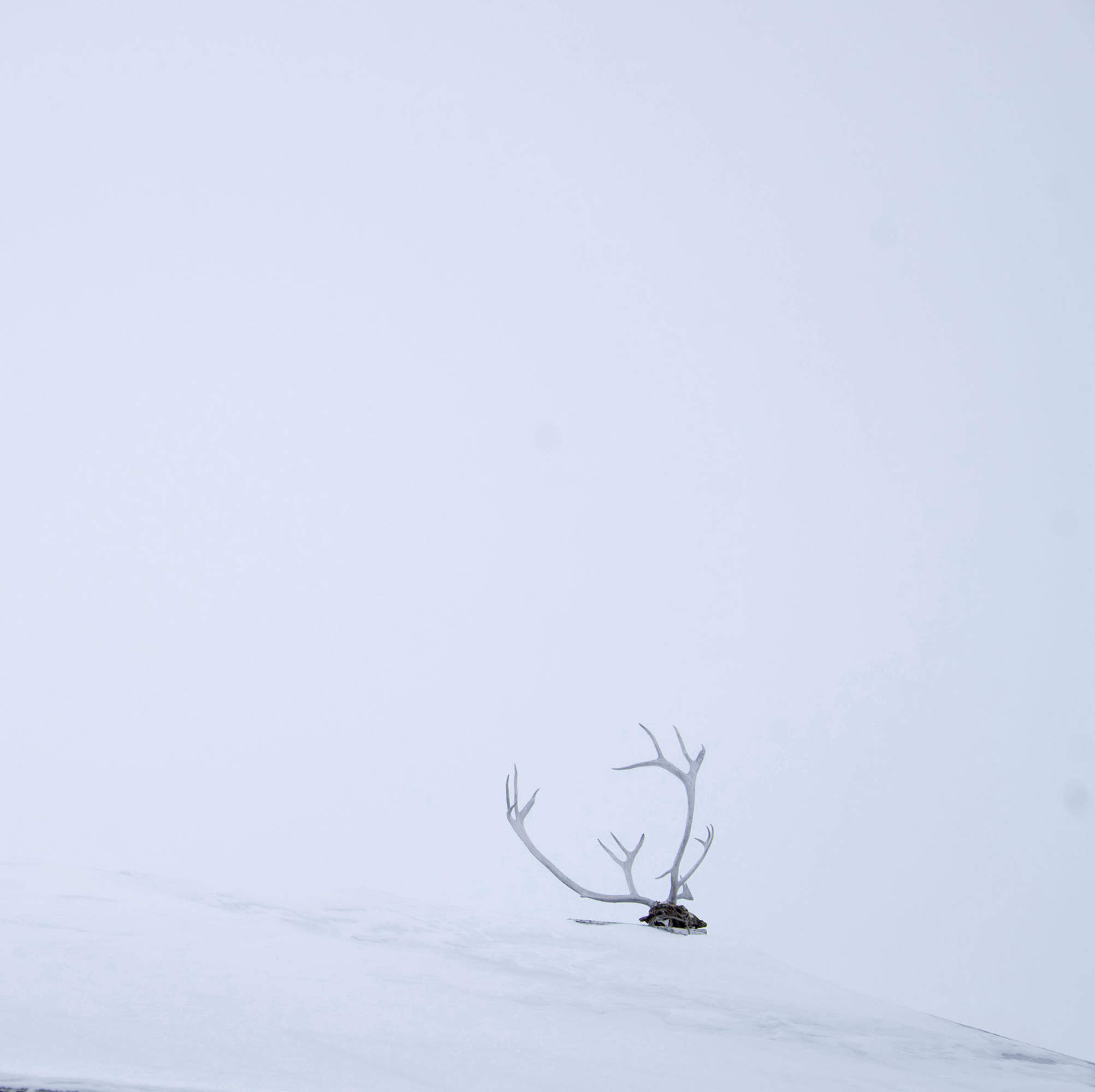
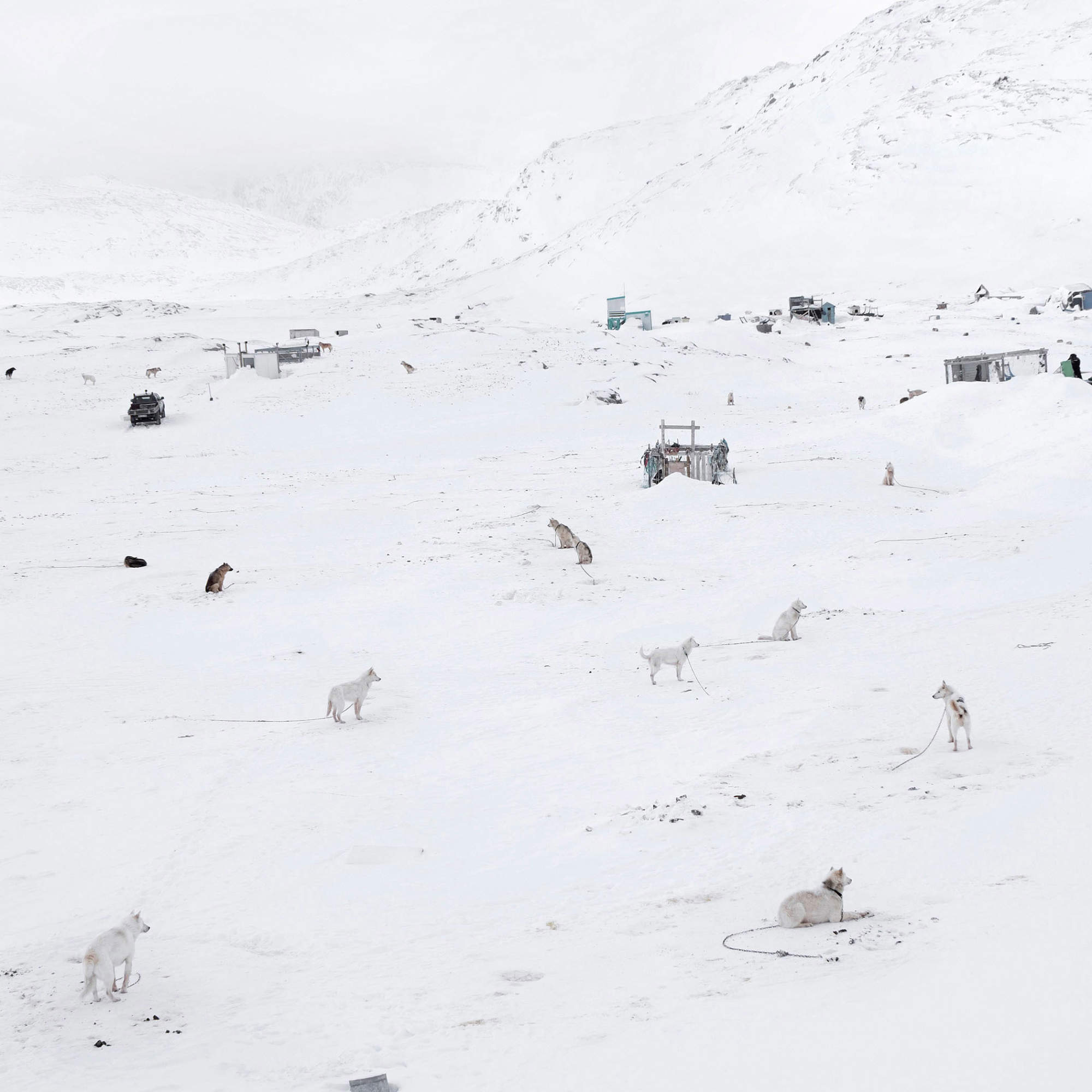
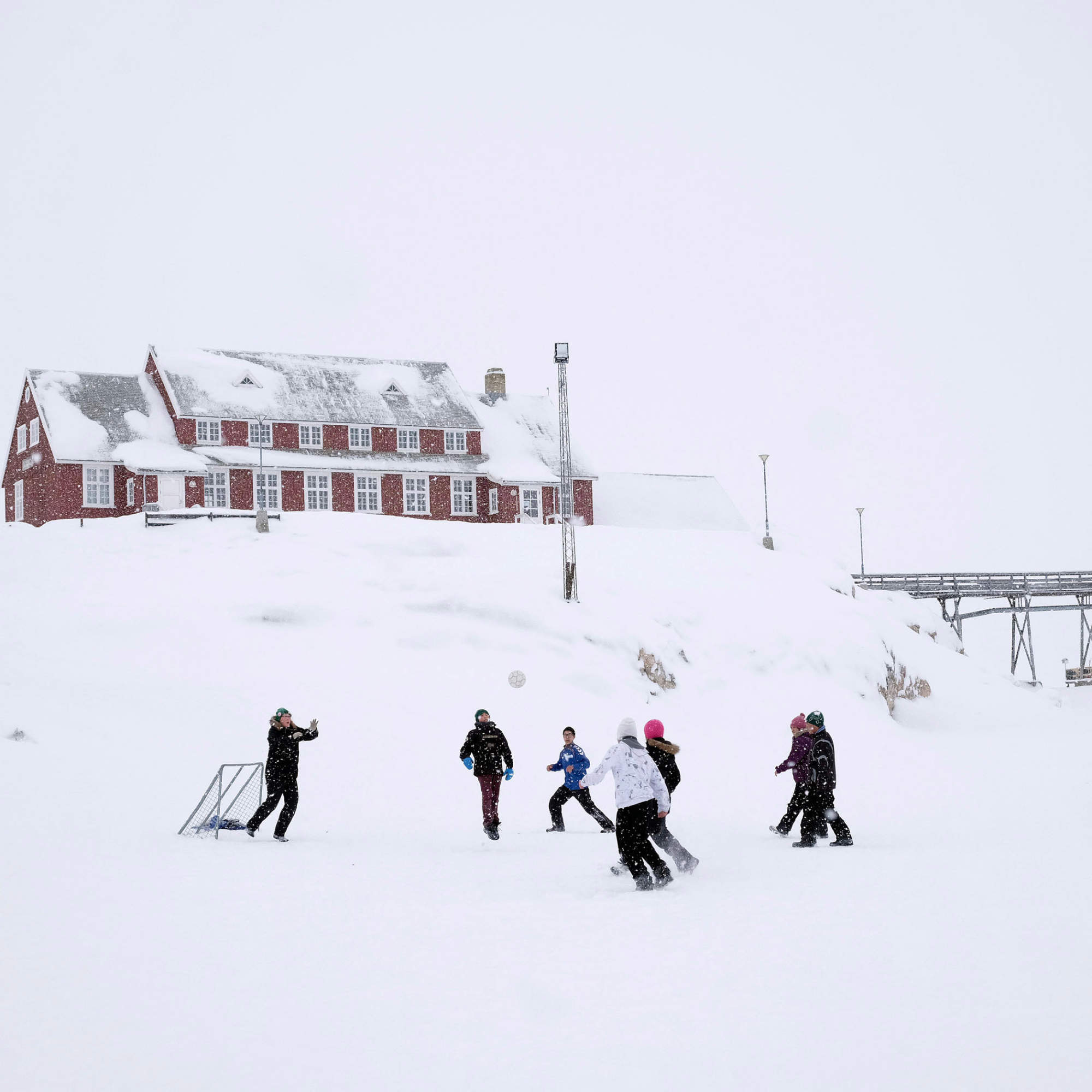
Less visible effects include economic decline and acidification of the oceans. It is estimated that up to 250 million people could be facing relocation due to climate change by 2050. As the climate changes, everything changes with it – from the natural habitats of wildlife to the culture and sustainability of specific regions.
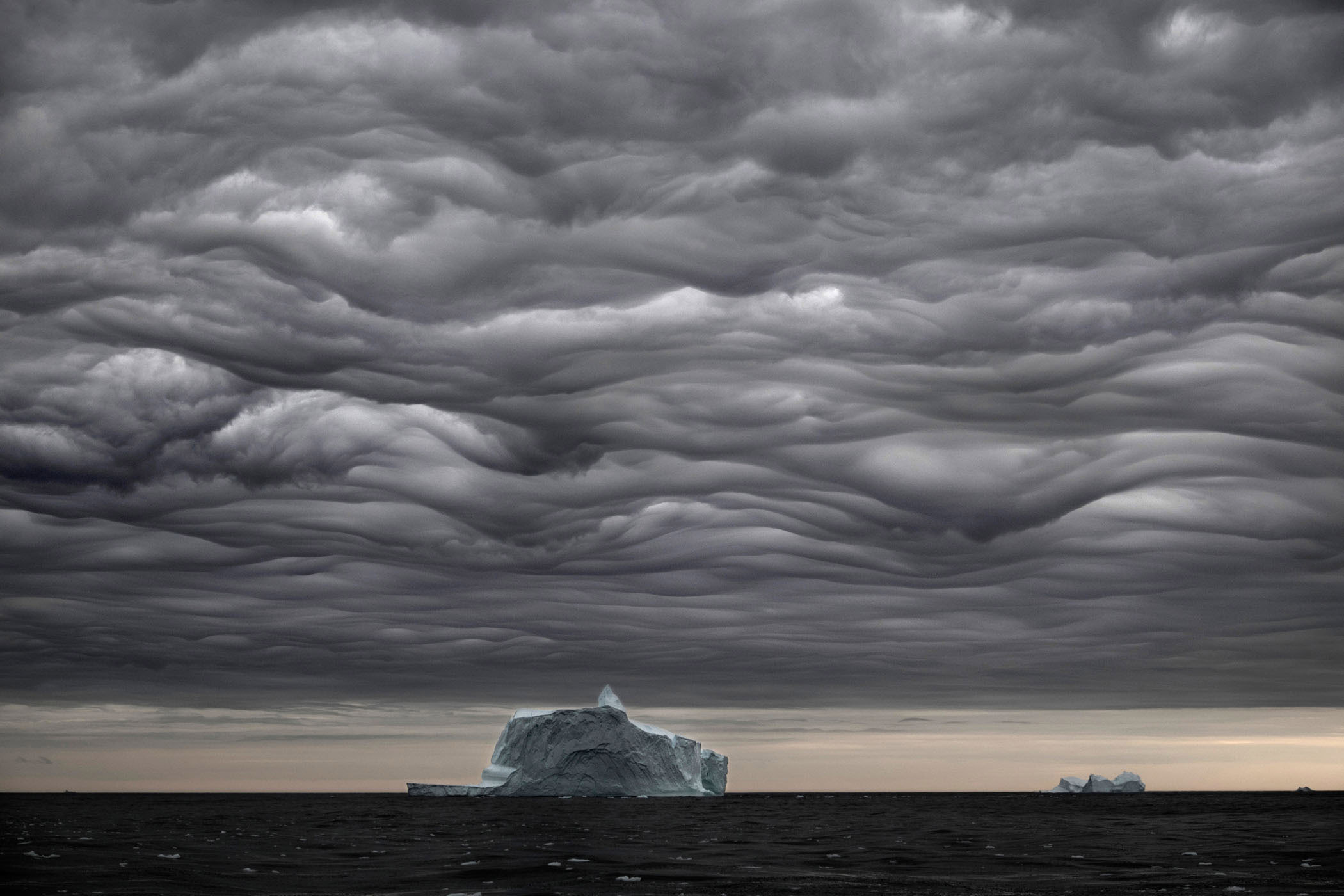
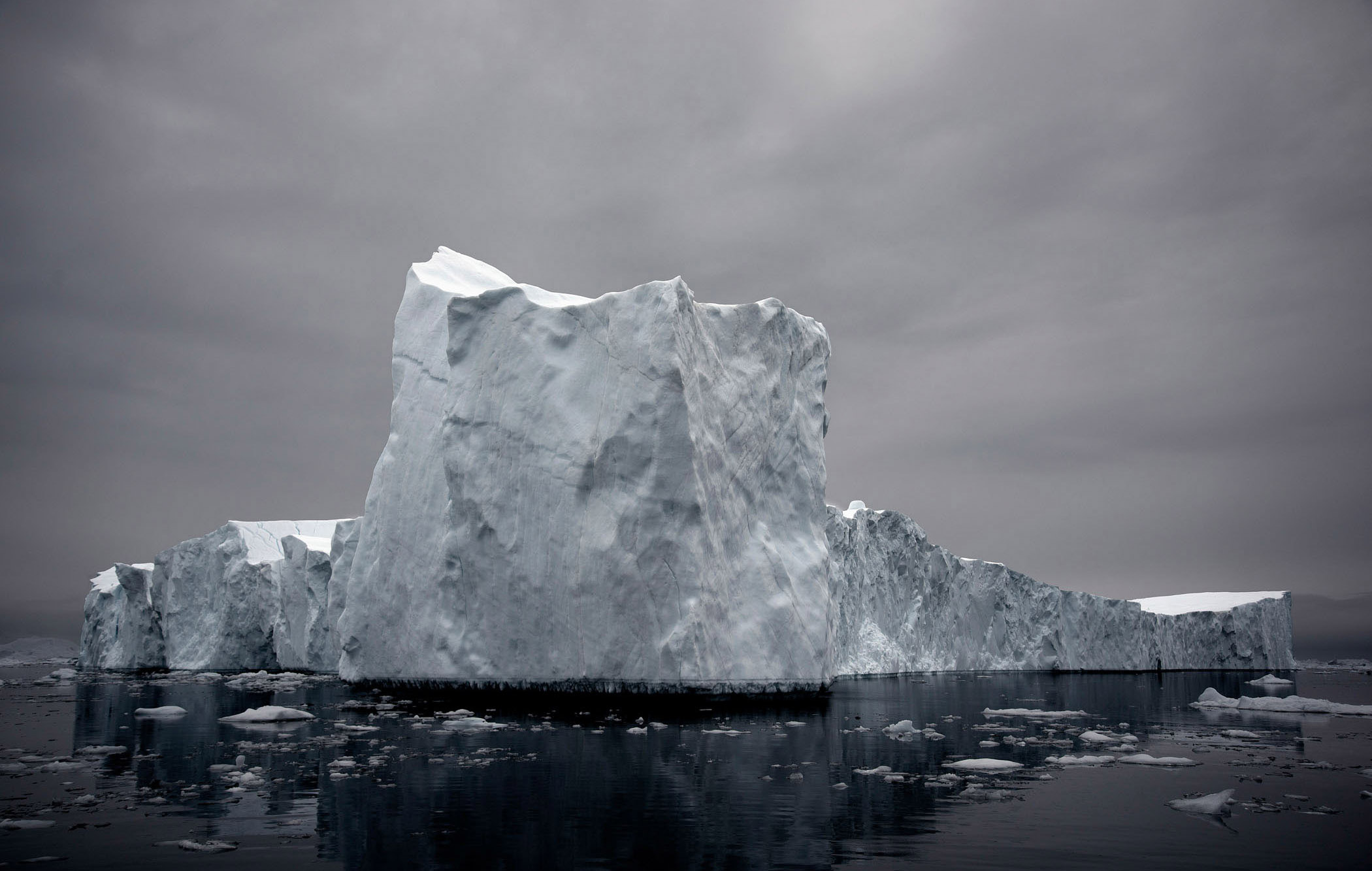
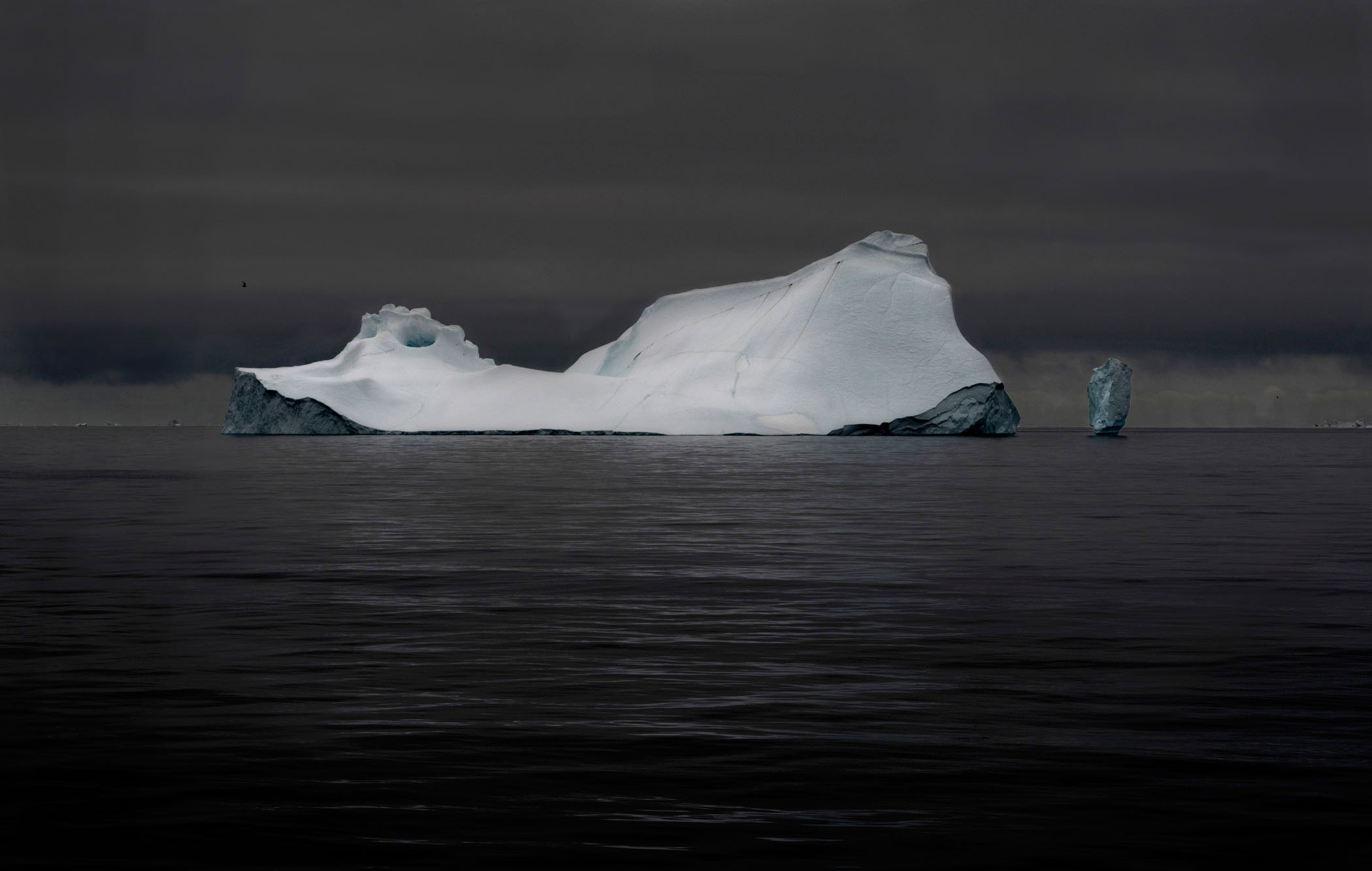
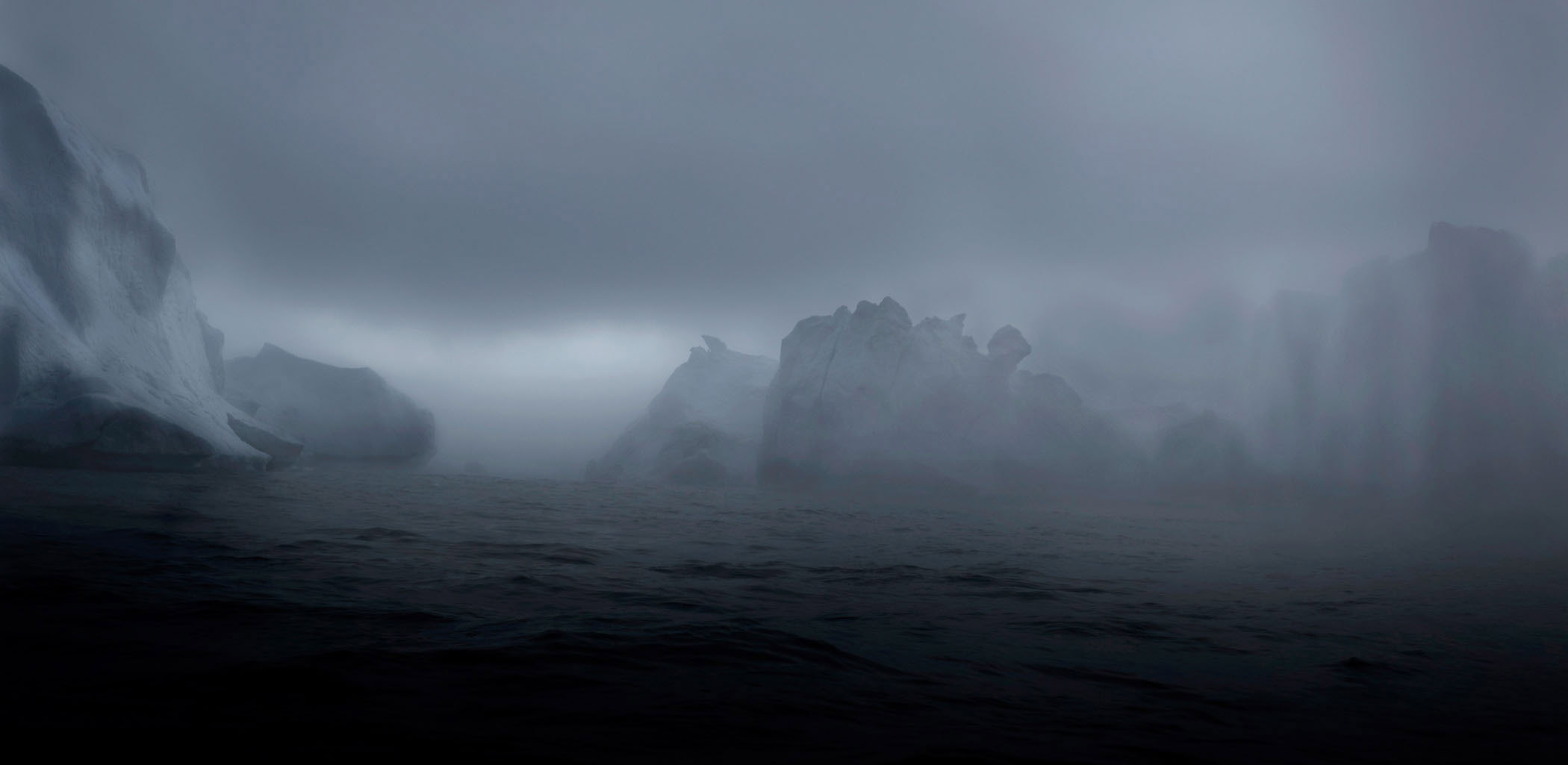
I’ve always been fascinated by the Arctic universe, the beauty of a wild nature in white, the journeys of explorers to this inhospitable world.
Fernando Moleres, photographer & filmmaker
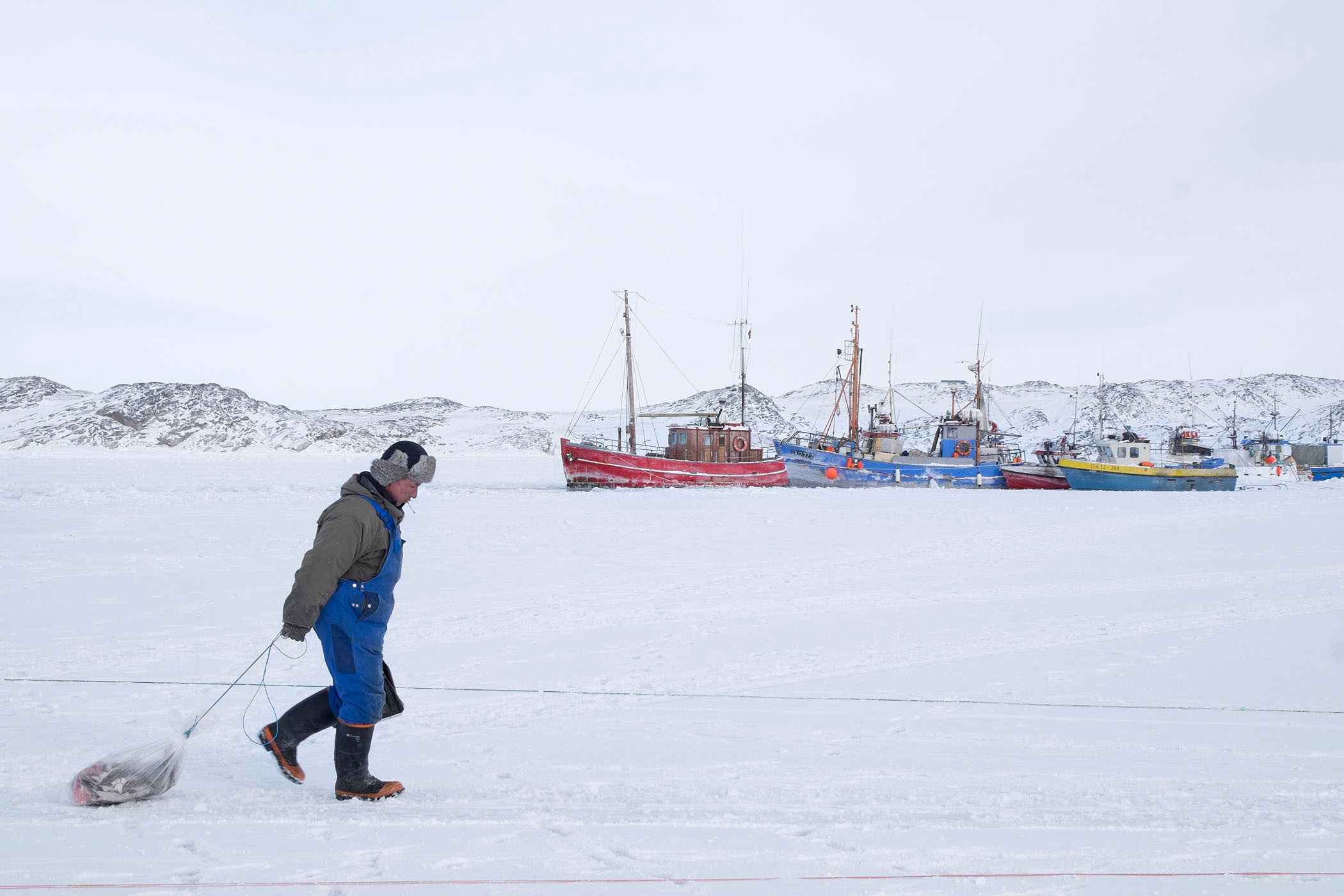
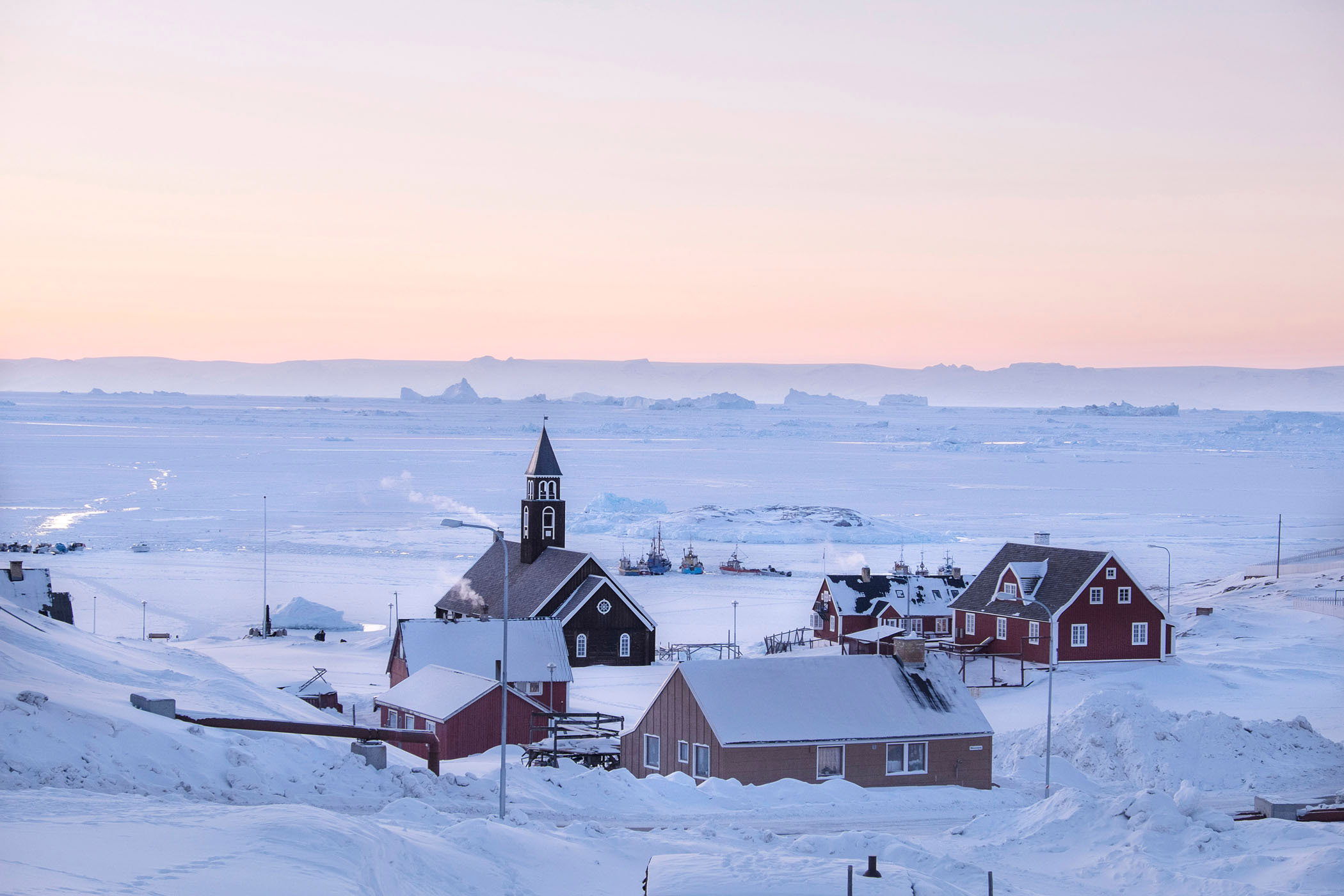
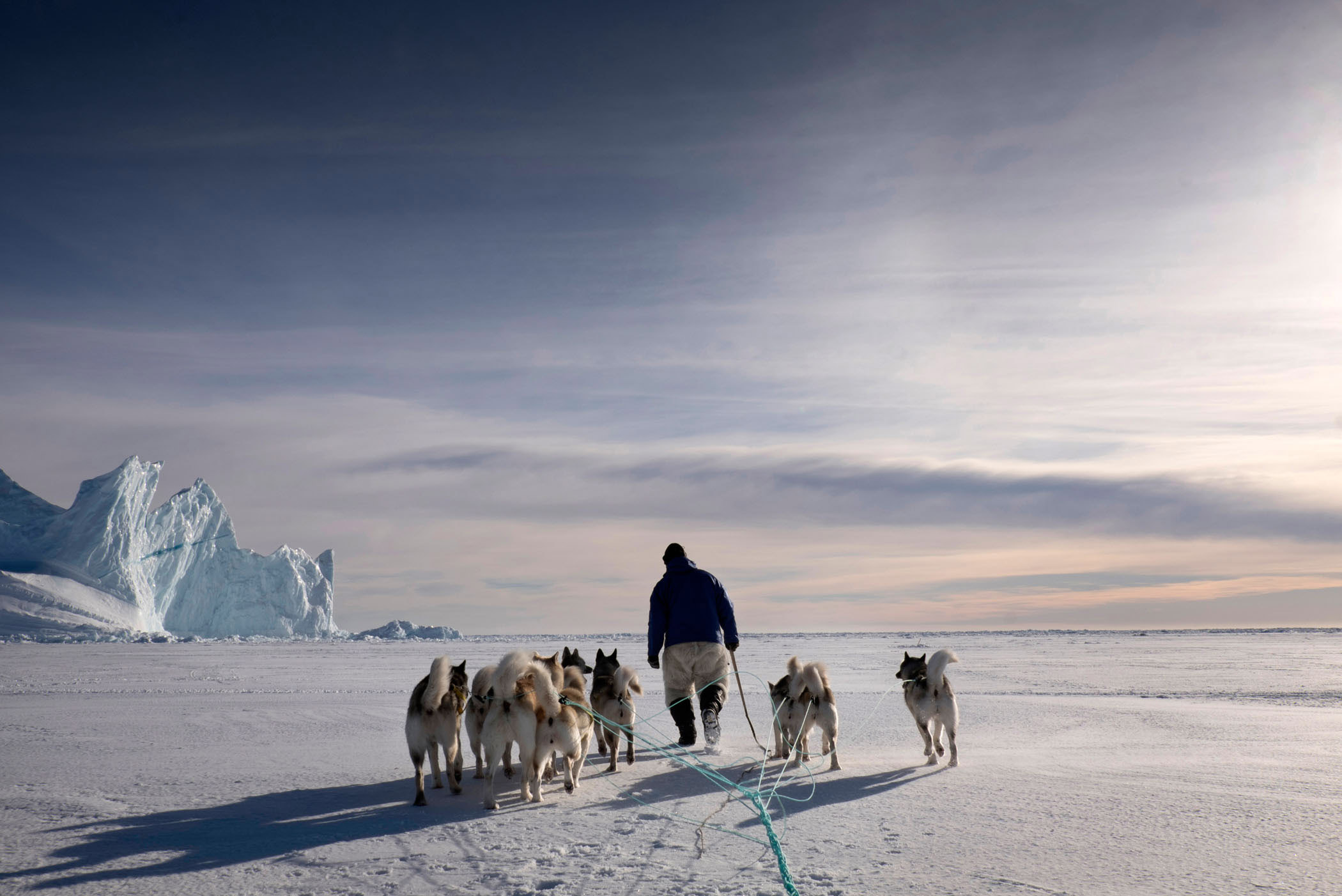


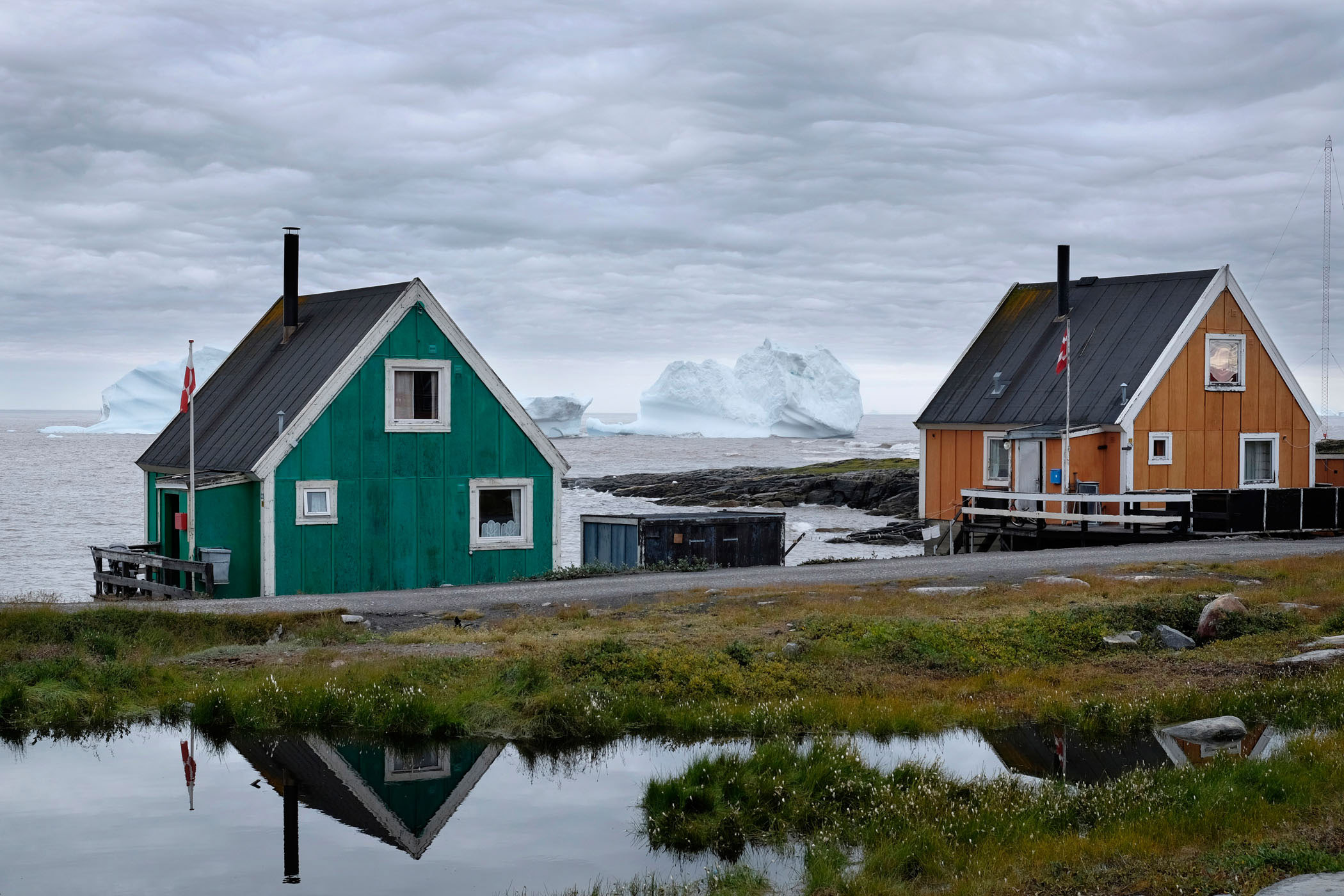
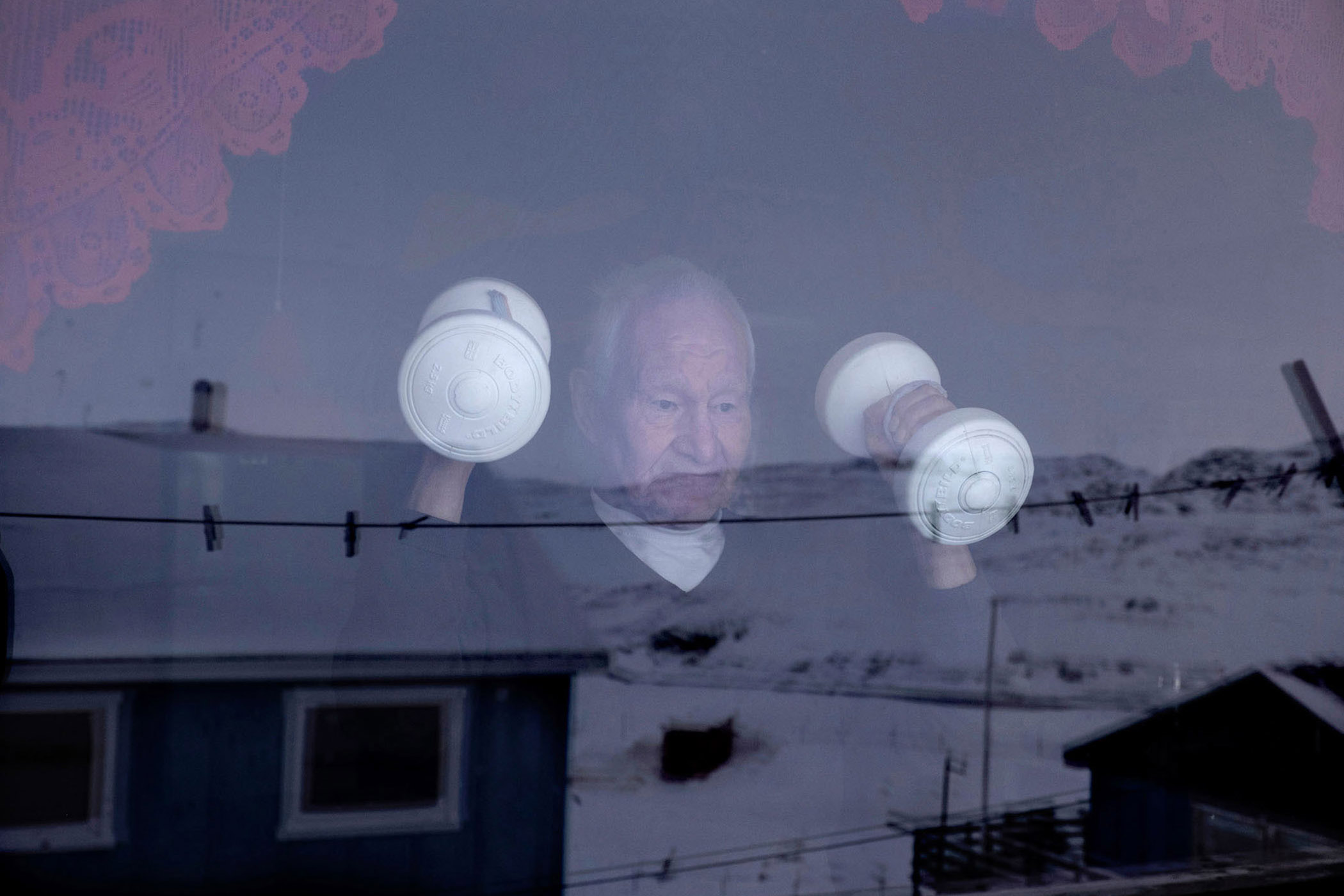
Since 1995, world leaders have been meeting annually at the Conference of the Parties, or COP, conferences that assess the progress in dealing with climate change. In 2009 the leaders of the EU and the G8 nations committed to reducing greenhouse gas emissions by at least 80% below 1990 levels by 2050.
At COP21 in 2016 in Paris, the parties agreed to keep global temperatures “well below” 2.0°C above pre-industrial levels and “endeavour to limit” them to 1.5°C by limiting the amount of greenhouse gases emitted by humans to a level which trees, soil and oceans could absorb naturally between 2050 and 2100.
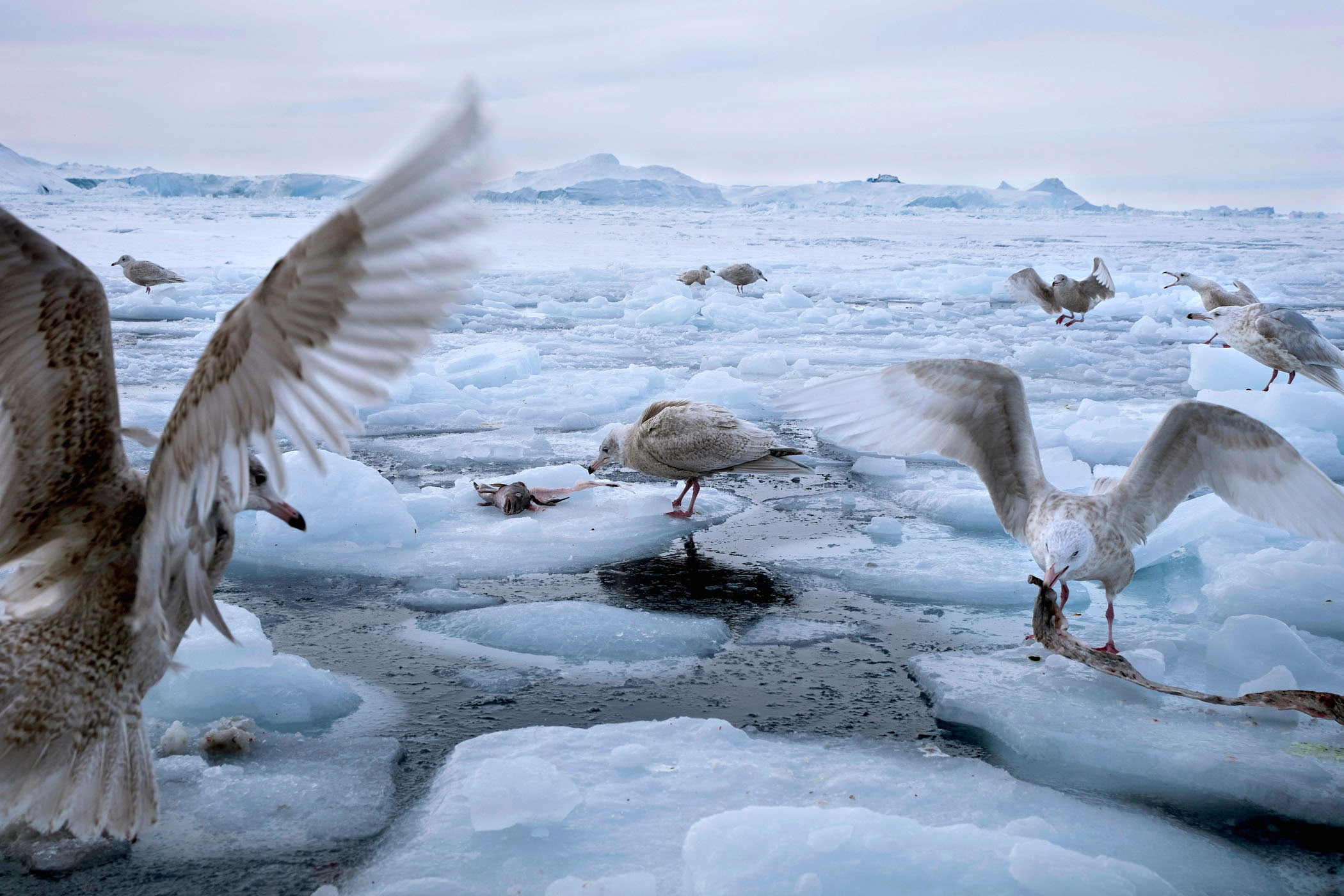
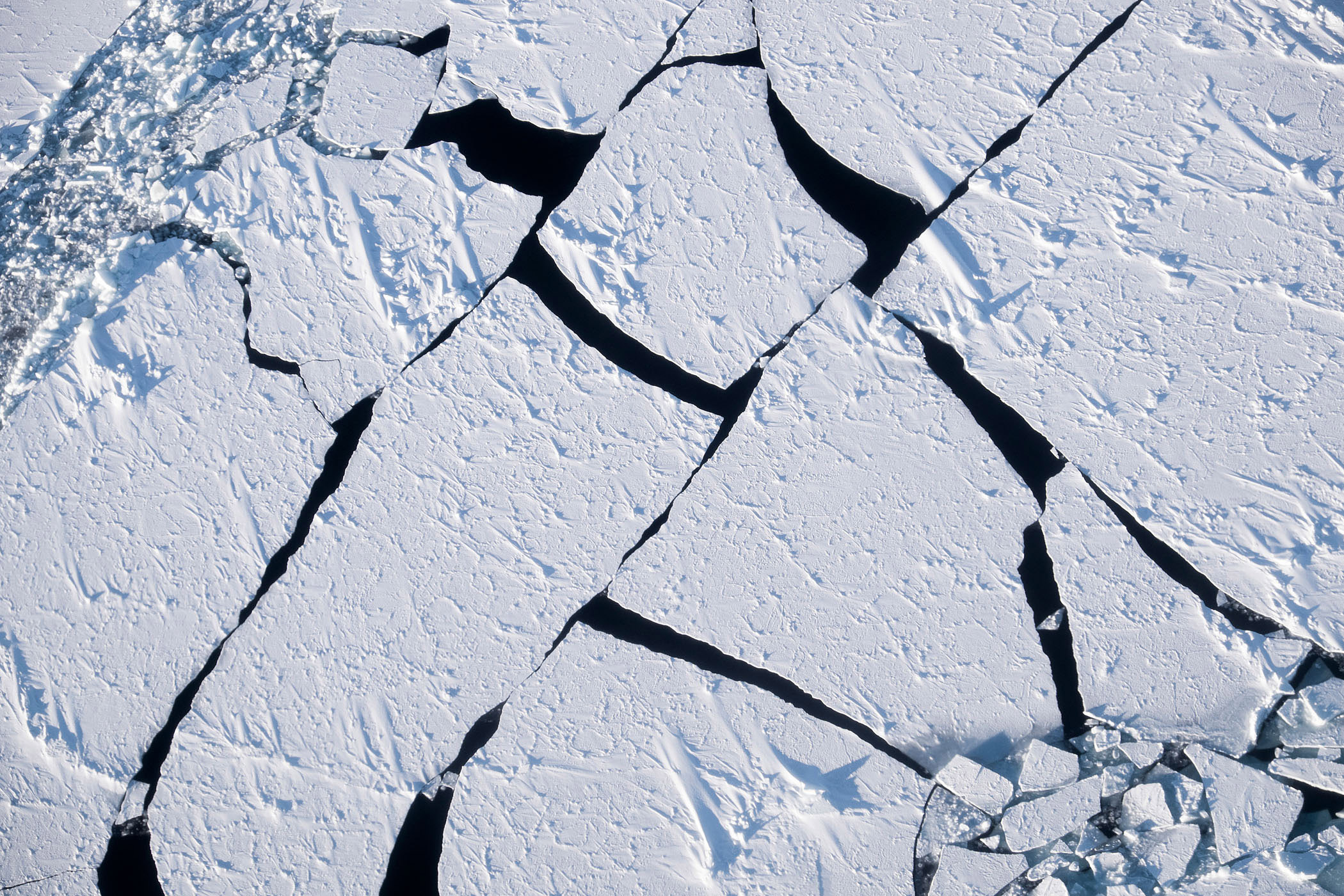
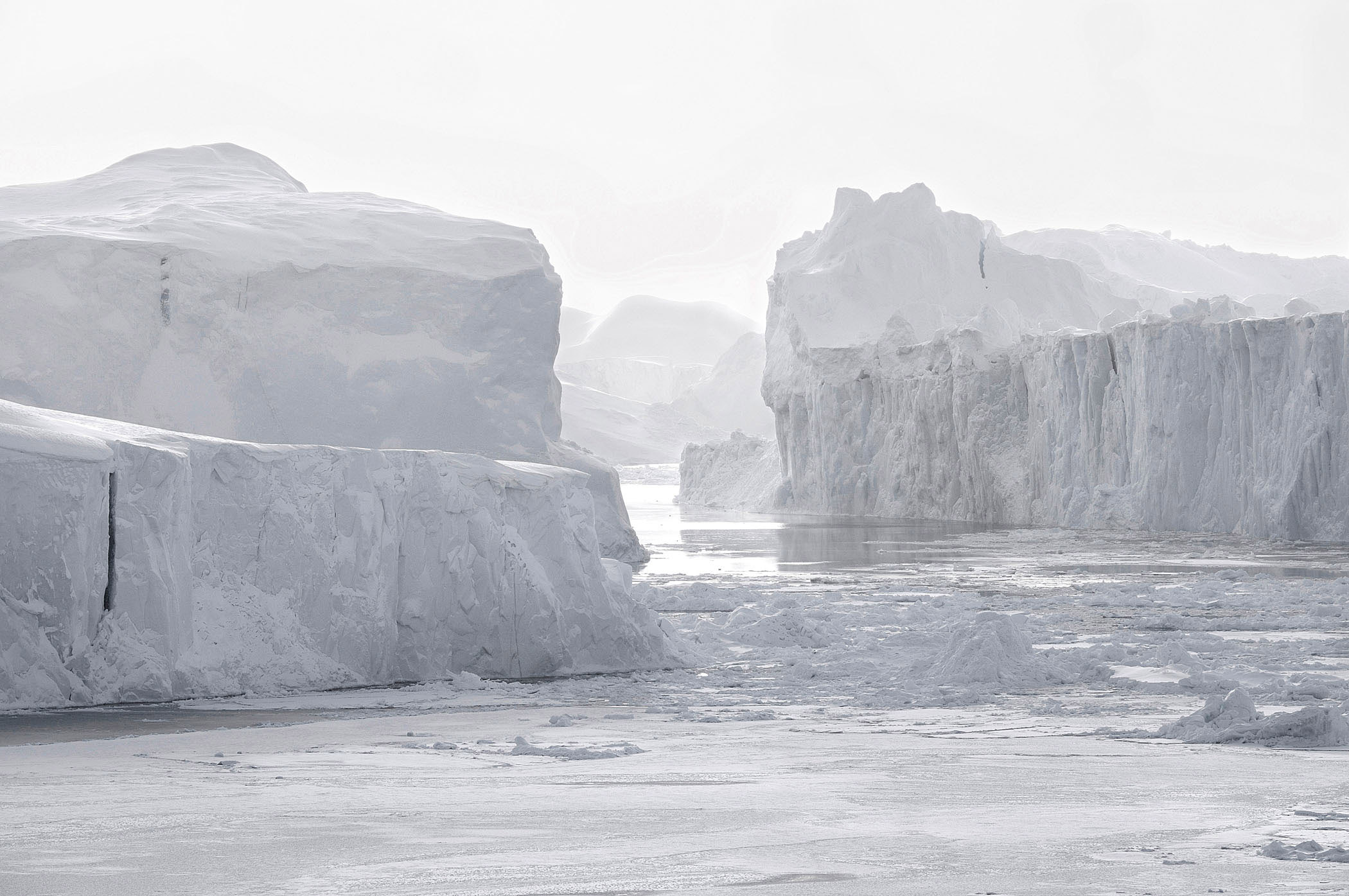
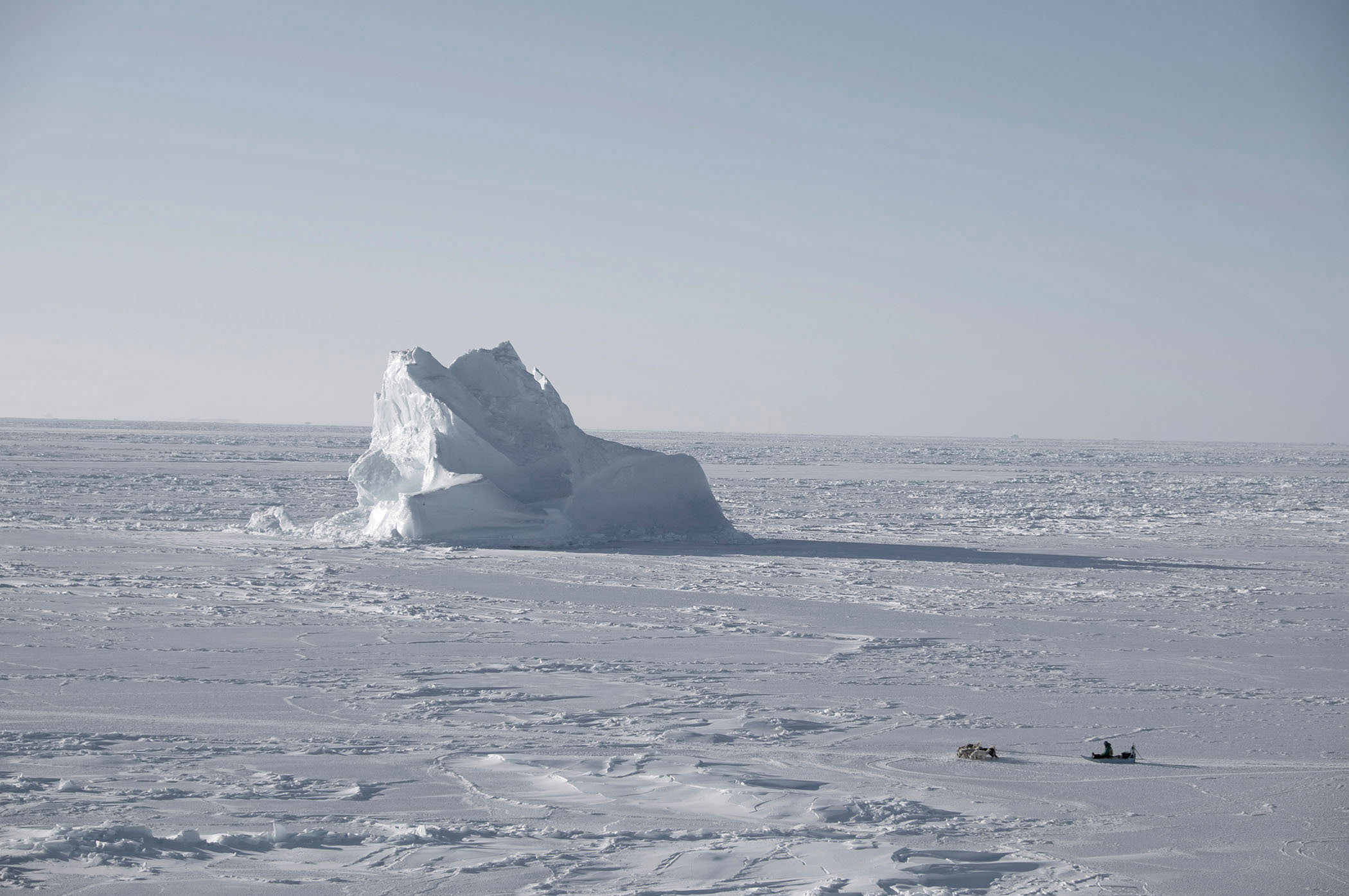
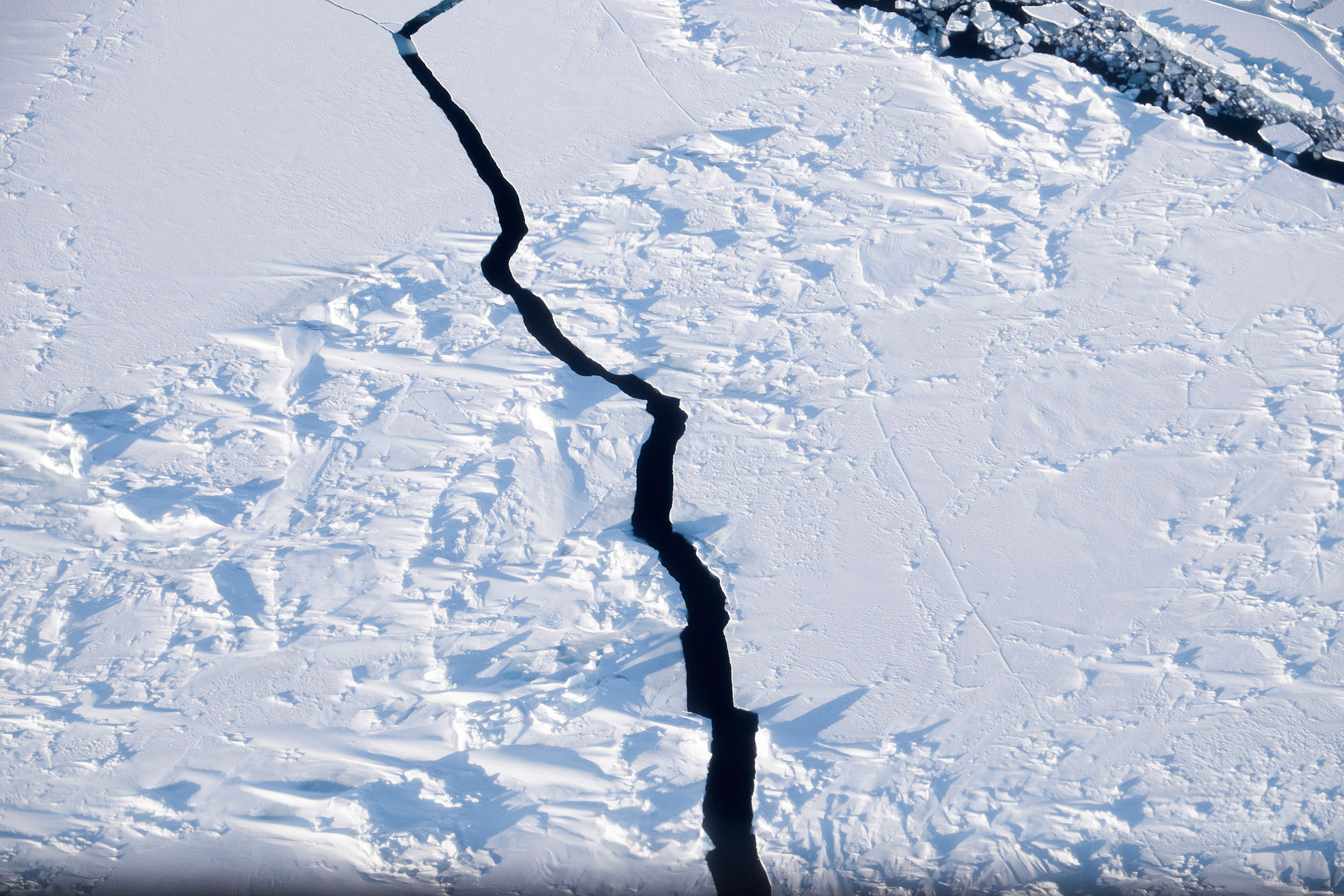
And yet, despite all efforts and worthy commitments, by mid century the planet may have warmed by 2°C, a critical level that could cause irreversible environmental changes. The Arctic could be ice-free in the summer months, allowing shipping and other infrastructure to advance into fragile arctic environments and oil and gas companies to exploit formerly inaccessible resources.
The scale of the challenges facing the planet requires a complete transformation in the way humans produce, consume and distribute energy. Renewable energy generation and a switch from ‘dirty’ fuels such as petroleum and coal to ‘cleaner’ biofuels and gas are part of the process but not enough in themselves.
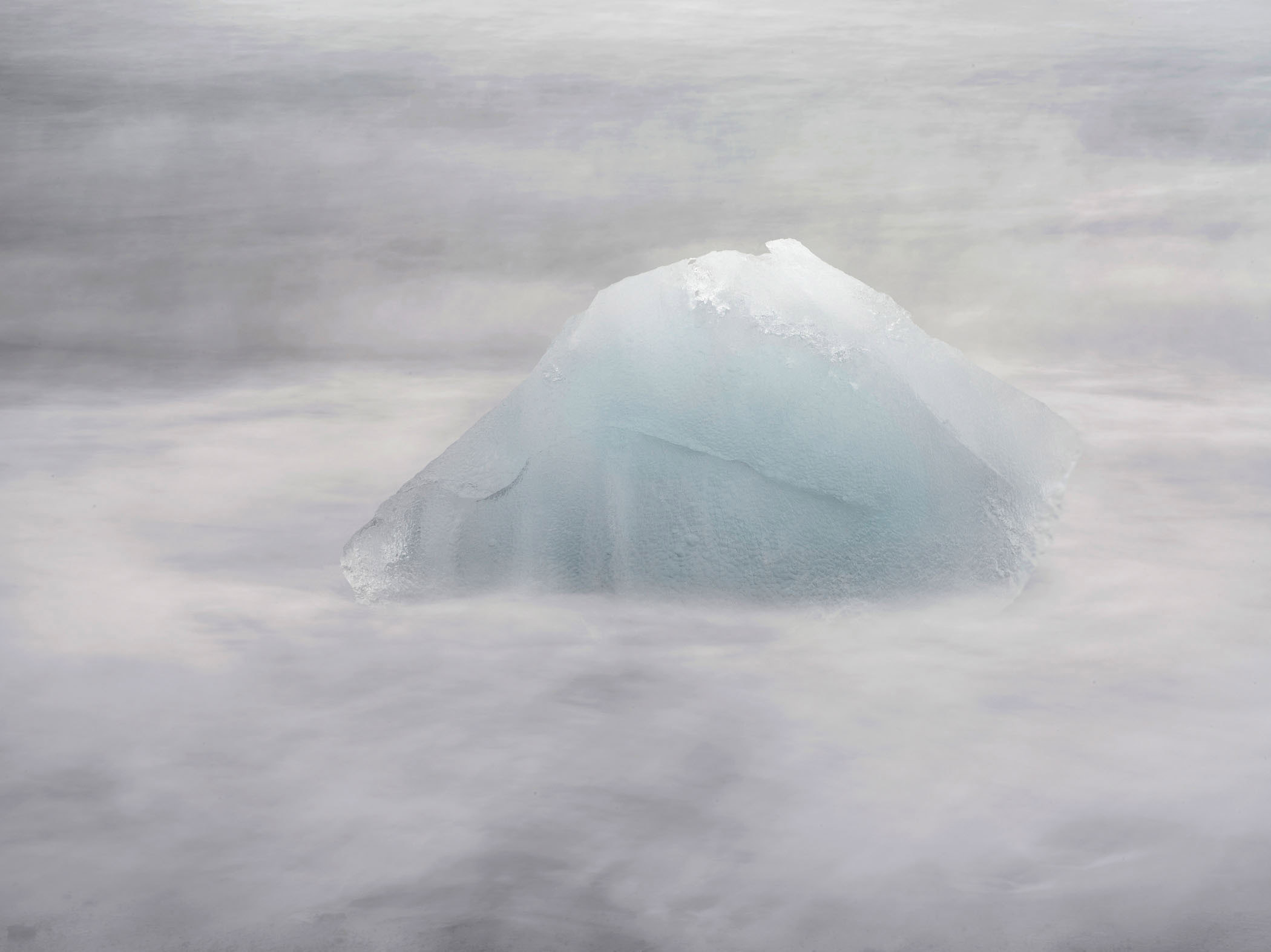
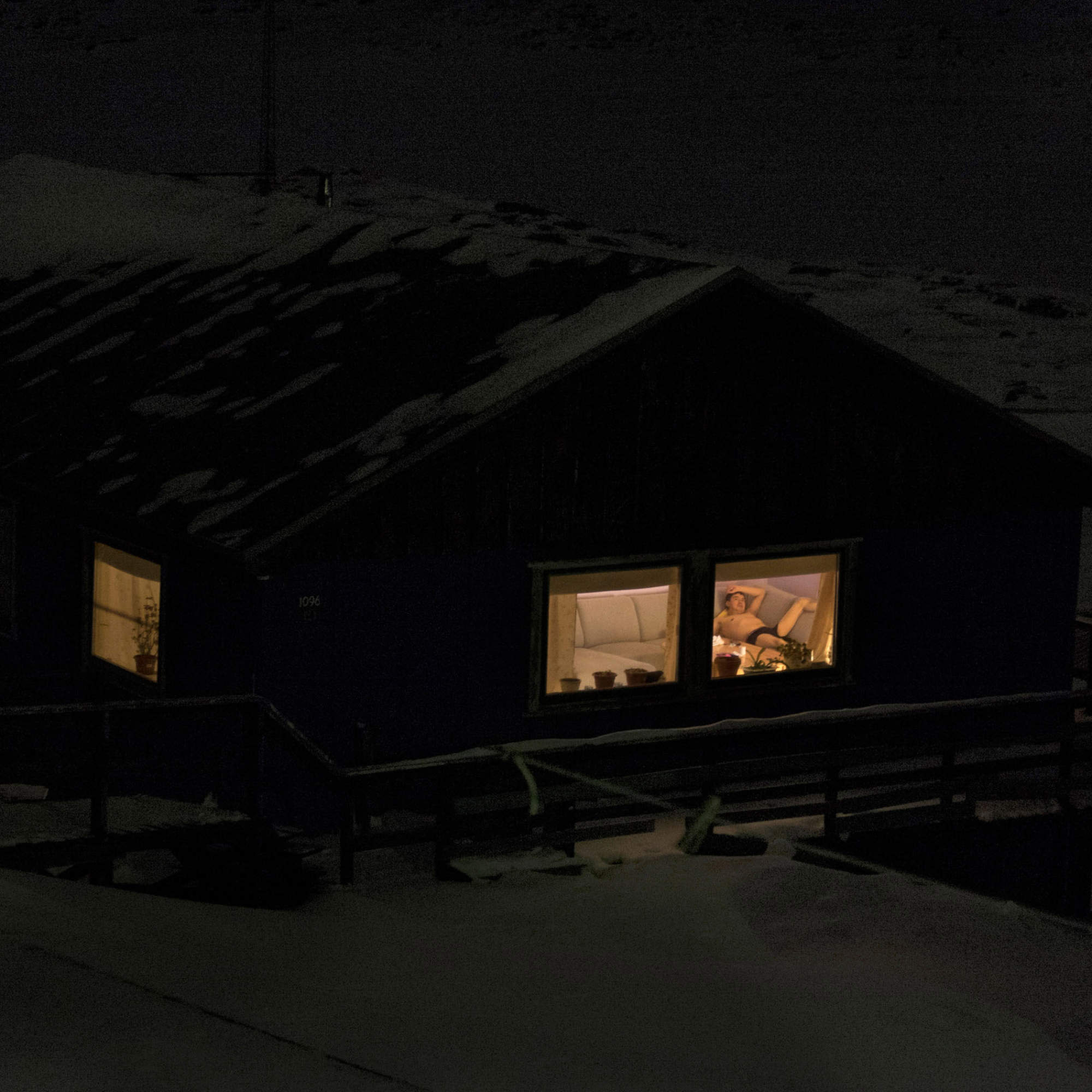
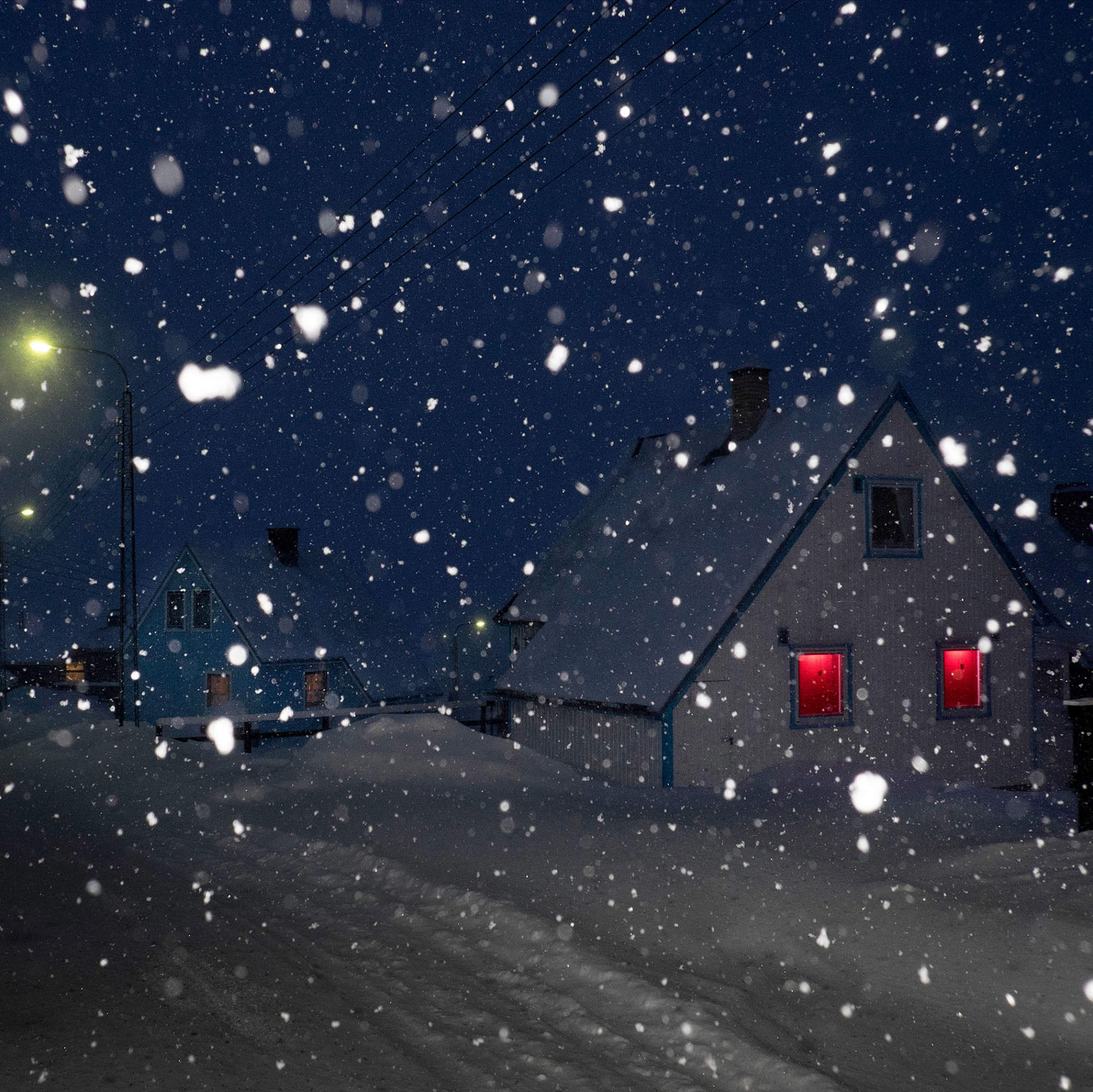
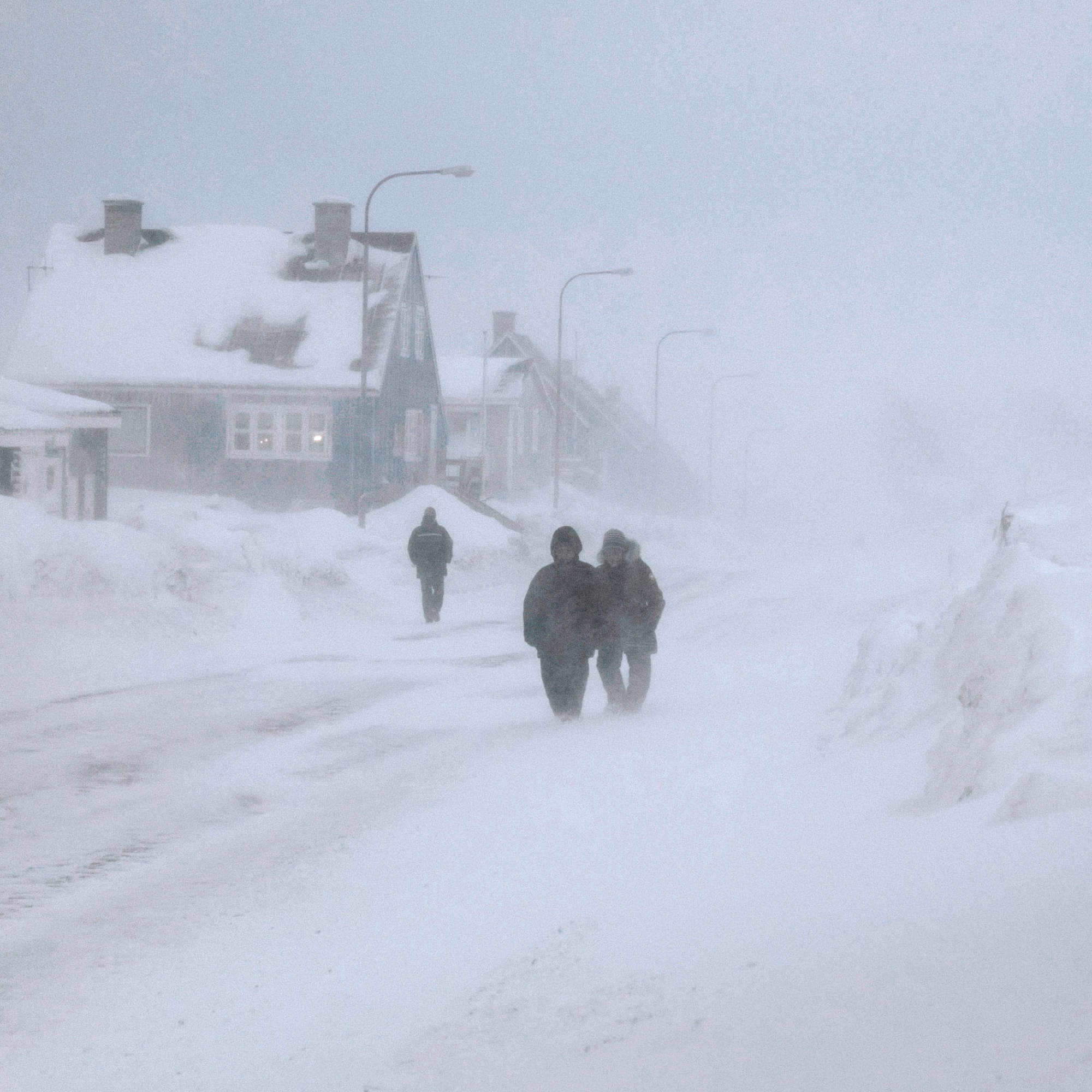
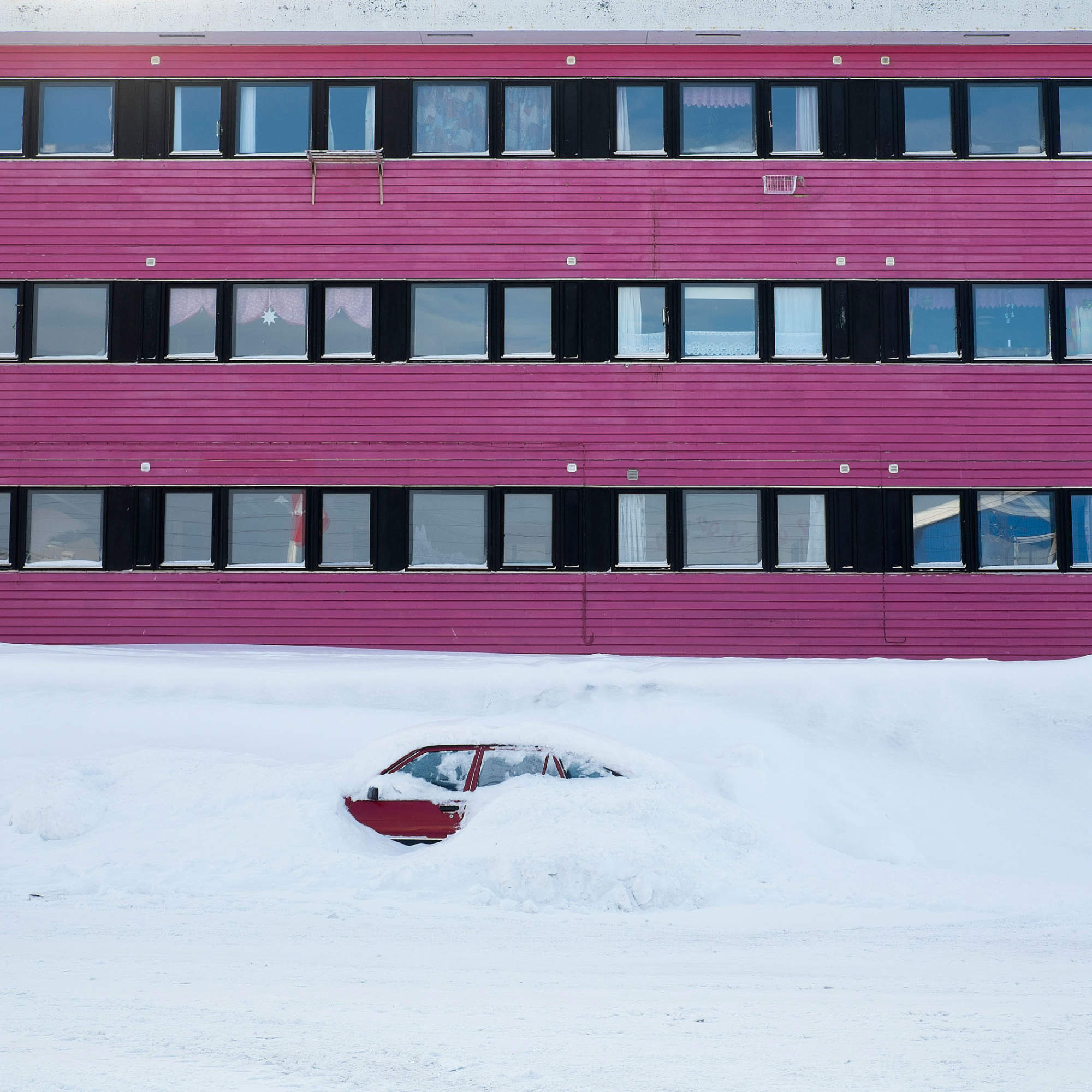
Melting Landscapes is a long-term project by Fernando Moleres highlighting the impact of global warming on sensitive environments and the repercussions on human life. Awareness of these issues is vital in order to increase involvement on a personal level to demand that governments take action to combat the effects of global warming.
